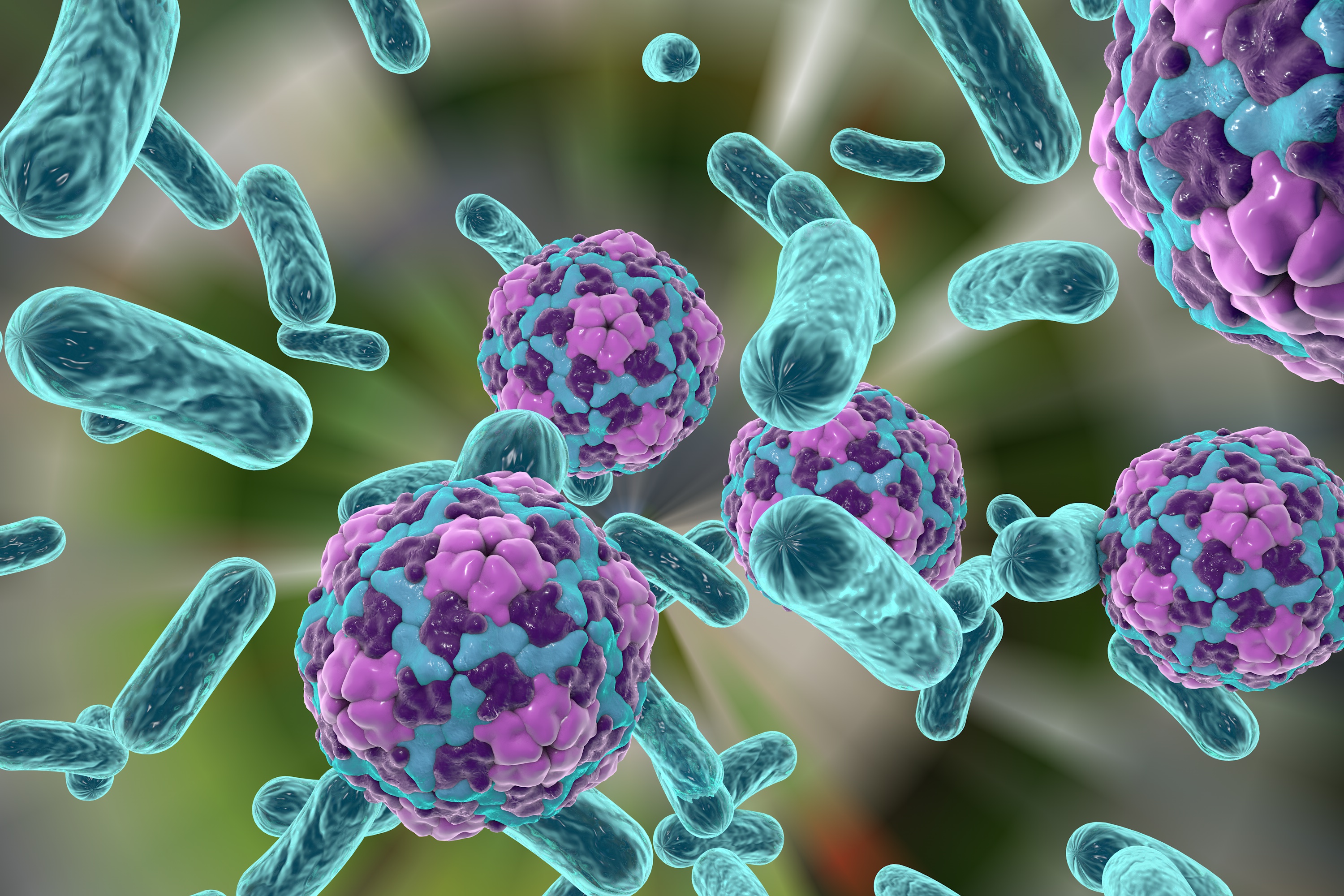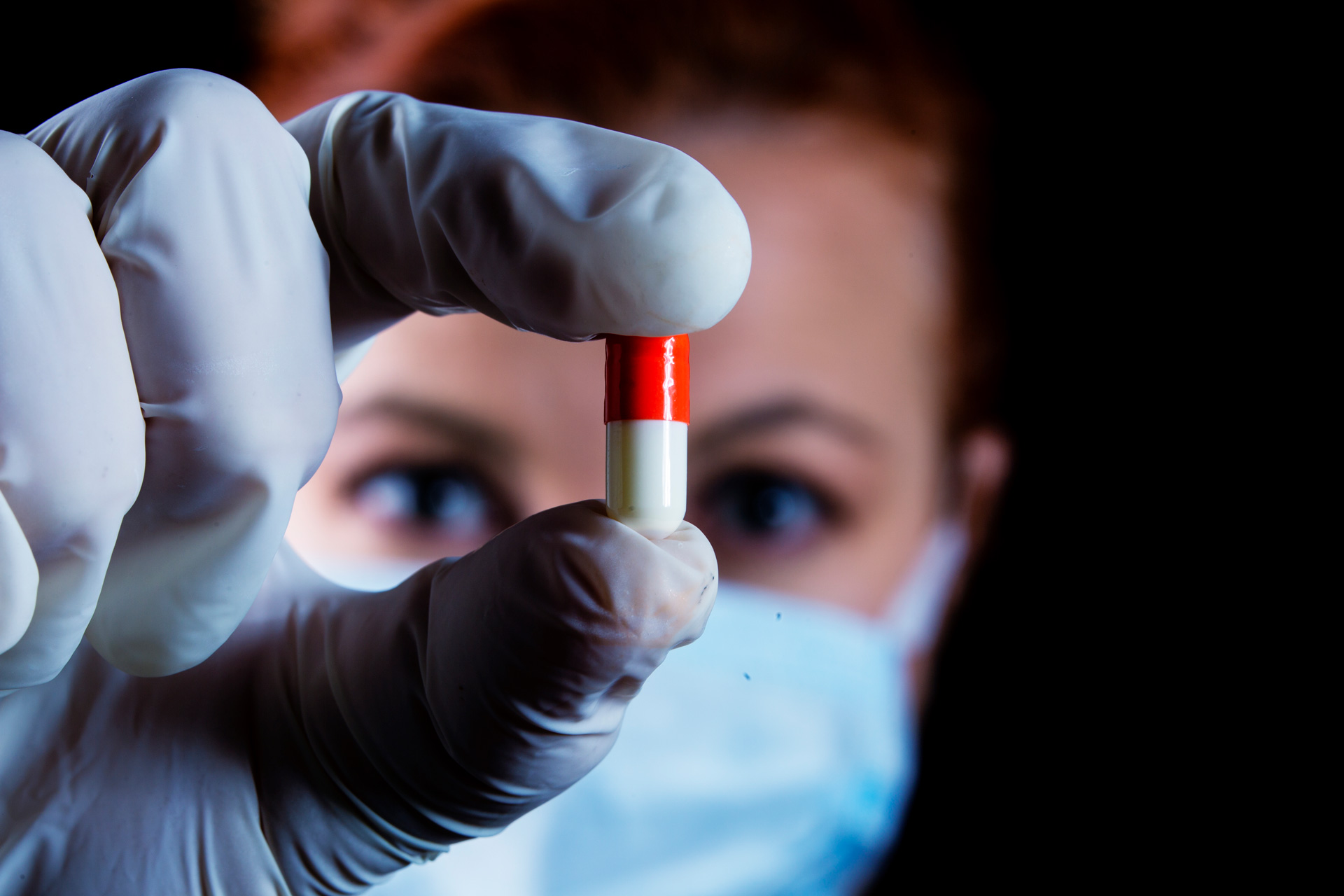Immunity and Immune Evasion Laboratory

Our laboratory is focused on understanding how we defend ourselves against microbial pathogens, and on the flip-side, how microbial pathogens block or exploit host immunity for their survival.
Host proteins critical to innate immunity are targeted by pathogens of global significance to human health such as influenza, respiratory syncytial virus and Salmonella. Their strategy is often to block or manipulate the action of host proteins to benefit their survival. We use a structural/functional approach combined with high-resolution imaging and cell-based infectious assays to understand how our innate immune system works, and how it is manipulated by microbes. This knowledge enables us to devise new ways to combat microbial infections and drives our translational program.

In an era when infectious disease remains a significant global challenge due to a lack of treatment options or emerging drug resistance, we urgently need to devise new strategies to combat microbial infections. Our academic research often highlights opportunities to translate our research and we are currently developing anti-inflammatories and broad-spectrum antimicrobial inhibitors that also have application for cancer therapy.
The quality, impact and volume of our research activity grows each year and our researchers continue to contribute to discovering exciting and innovative solutions.

Natalie Borg obtained her Ph.D from the University of Melbourne, Department of Microbiology and Immunology in 2003. Following this she was a post-doc at the Department of Biochemistry and Molecular Biology at Monash University, and began pursuing her own research vision as a laboratory head within the same department. In 2019 Natalie moved to RMIT University to pursue her academic and translational research programs. During her career Natalie has received prestigious fellowships including an NHMRC Peter Doherty fellowship, an NHMRC Career Development Award, a L'Oreal for Women in Science Fellowship and an ARC Future Fellowship.
Research Assistant
samie.elmazi@rmit.edu.au
PhD student
S3862305@student.rmit.edu.au

Our team is dynamic and we are passionate about advancing knowledge of host- and microbial-dependent regulation of innate immunity, and building on this to enable new strategies to combat microbial infections.
We use a wide range of structural/biochemical/biophysical/cellular tools to address our research questions.
Dr Natalie Borg
Head, Immunity and Immune Evasion Lab
School of Health and Biomedical Sciences
RMIT University Bundoora, Melbourne, VIC 3083
Australia
Office: Building 223, Level 2, Room 12
Office Phone: (61 3) 9925 3743
Email: natalie.borg@rmit.edu.au
Acknowledgement of Country
RMIT University acknowledges the people of the Woi wurrung and Boon wurrung language groups of the eastern Kulin Nation on whose unceded lands we conduct the business of the University. RMIT University respectfully acknowledges their Ancestors and Elders, past and present. RMIT also acknowledges the Traditional Custodians and their Ancestors of the lands and waters across Australia where we conduct our business - Artwork 'Luwaytini' by Mark Cleaver, Palawa.
Acknowledgement of Country
RMIT University acknowledges the people of the Woi wurrung and Boon wurrung language groups of the eastern Kulin Nation on whose unceded lands we conduct the business of the University. RMIT University respectfully acknowledges their Ancestors and Elders, past and present. RMIT also acknowledges the Traditional Custodians and their Ancestors of the lands and waters across Australia where we conduct our business.